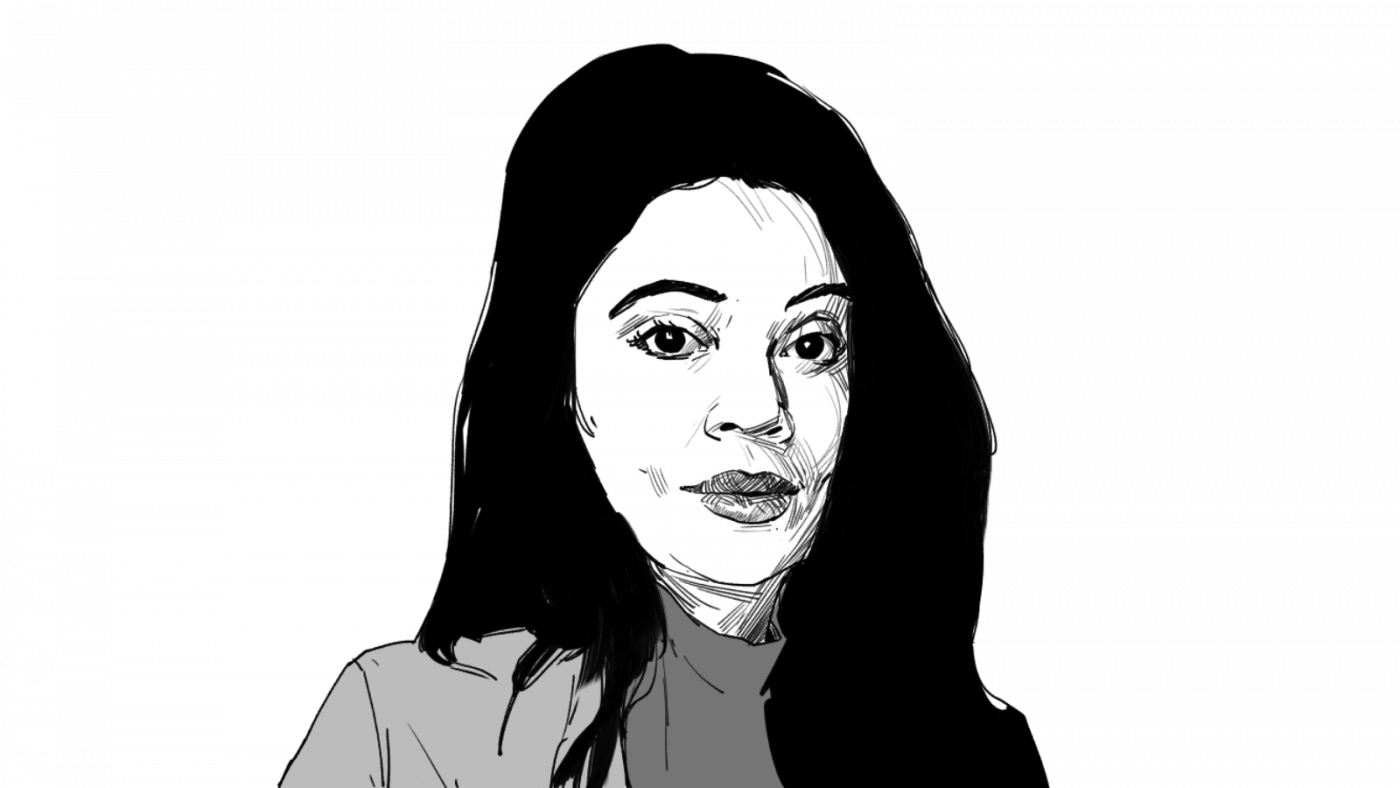How individual lifestyle choices can support climate justice in Bangladesh
It is essential to recognise that everyone and everything contributes to climate change. Even seemingly small daily actions, like the choice of a coffee cup or fashion preferences, have an impact

Climate injustice is a widely discussed issue that concerns many people. Climate injustice refers to the unequal impact of climate change on different groups of people due to various factors like their social, economic or geographical backgrounds.
Simply put, some individuals and regions are more vulnerable to severe climate-related events such as floods, droughts, and tornadoes than others.
Years ago, the United Nations sounded a dire warning about the future of our planet in the face of climate change. They issued a red alert to emphasise the urgency of the situation. It was stressed that nations with significant carbon emissions should be responsible for providing essential support to safeguard countries with less carbon emissions, such as Bangladesh.
Bangladesh is one of the countries most susceptible to the ravages of climate change due to a combination of factors, including a dense population, heavy reliance on its limited natural resources and a vulnerable coastal region.
Recognising and upholding the principles of climate justice within the context of Bangladesh should form the cornerstone of distributive and procedural justice.
Now, who is being impacted by climate change? The answer, of course, is everyone. But if we rephrase the question to who is the most impacted climate change victim, it will give a more comprehensive answer.
To illustrate, if someone grew up in a middle-income family, they might have only started using an air conditioner a few years ago. They might have noticed that, despite being in their late twenties or thirties, they can no longer tolerate direct sunlight as they did when they were younger.
This change is not solely due to age or stamina but results from the climate changing as the sun has gotten harsher.
According to the Intergovernmental Panel on Climate Change (IPCC) of the United Nations, the prevailing scientific consensus indicates that solar activity, which is causing the high-level accelerated warming, is attributed to elevated levels of greenhouse gases generated by human activities.
News reports often highlight farmers in different parts of the country facing distinct climate challenges. In the North, there are concerns about insufficient water for irrigation, while in the northeast, flash floods devastate crops. This raises questions about why a relatively small country like ours experiences varying climate-related issues within the same crop cycle.
It is essential to recognise that everyone and everything contributes to climate change. Even seemingly small daily actions, like the choice of a coffee cup or fashion preferences, have an impact.
For instance, consider people's morning coffee routine. Many people in their twenties enjoy coffee from local cafes, but few have closely examined the disposable coffee cups they use. These single-use cups, lids, sleeves and stir sticks add up to 16 billion used annually.
These cups are often lined with polyethene, a plastic that hinders recycling. Additionally, plastic lids are typically made from materials that are difficult to recycle, and separating these components is costly.
Another concern is fast fashion, characterised by the rapid turnover of fashion trends and cheap, mass-produced clothing production. This leads to a culture of continuous clothing consumption without proper recycling mechanisms for old garments, resulting in overflowing wardrobes and significant environmental damage.
While individuals may not witness the direct impact of practices like plastic waste or clothing disposal in landfills, these behaviours contribute to broader climate change issues.
Bangladesh relies heavily on in-country agriculture for food. Climate change directly affects productivity. The most affected areas, like the southwestern coastal region, have the lowest contribution to greenhouse gas emissions.
Rising sea levels cause damage, create climate refugees and harm critical natural assets like the Sundarbans.
So, why should one care? Industrialised nations and their consumer practices significantly impact less developed countries like Bangladesh. These nations contribute to problems such as plastic waste and climate change.
Equity is often absent in these scenarios because developing countries lack the means to combat the adverse impacts of climate change. While some commitments have been made globally to address climate change and its consequences, meaningful action is still needed to limit temperature rise and carbon emissions.
Individuals can make a difference by adopting a more sustainable lifestyle. This includes using reusable cups, being mindful of purchasing habits and conserving energy. When a significant portion of the population embraces sustainable practices, it can influence change in industrialised nations.
Focusing solely on compensation is insufficient. Collective behavioural change is crucial for a sustainable future. By being conscious of actions and their economic impact, individuals can contribute to a more environmentally friendly world, leaving a better future for future generations.

Raisa Adiba is a development practitioner and a social scientist with 6+ years of experience.
Disclaimer: The views and opinions expressed in this article are those of the author and do not necessarily reflect the opinions and views of The Business Standard.



 Keep updated, follow The Business Standard's Google news channel
Keep updated, follow The Business Standard's Google news channel
















